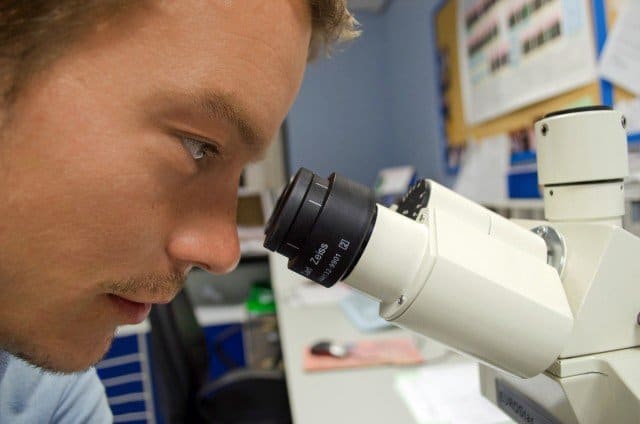
The Society of Biology stands as a unified voice of biology but does have distinctive divisions working on separate projects and biological discoveries. For example, ‘Society for the Study of Human Biology’ is a body focusing on subjects like the biological traits of human population, ecology, genetics, human variability, adaptability and certainly human evolution.
On the contrary, another society better known as the ‘Society for Experimental Body‘ focuses on the development of life sciences. Activities, both molecular and cellular in organisms like animals and plants are studies to promote advancement in the field of medicine, agriculture and human development. Likewise, numerous biological societies are present all across the globe, analyzing and executing effective research works on all grounds to bring development in the lives of human beings, animals and plants.
How is Biological Societies Helpful for Ordinary People?
Awareness plays a pivotal role in the human society. If researches were just restricted to laboratories and scientific societies, evolution and improvement of lives on earth would have been a vague concept. We all witness advancement in technology today that also supports development of lives, making earth a better place to stay.
Biological Societies carry out experiments and explore new scopes of biology. These research materials are further studied to innovate and introduce advancements in the human society.
All nitty-gritty’s of researches and biological discoveries are made accessible to the public in the form of educational resources. Other than promoting professional and educational development, biological societies extend support in advising the government, monitoring Public Policy, encouraging subjects like scientific literature and educating masses about the application of science and discovery for improved sustainability.
On enrolling for a course on biological societies, students gain a higher level understanding on the scopes and benefits of bioscience. Since research works play a big-league role in educating our society on the grounds of health, environment and public policy, getting more scholars induced into the program will only contribute more towards a better society.
AAI
American Association of Immunologists. Link
American Chemical Society
The ACS home website with a collection of useful educational and practical links. Link
American Society for Microbiology (ASM)
The American Society for Microbiology is the oldest and largest single life science membership organization in the world. Membership has grown from 59 scientists in 1899 to over 40,000 members today located throughout the world. ASM represents 24 disciplines of microbiological specialization plus a division for microbiology educators. Link
American Society of Human Genetics
The American Society of Human Genetics (ASHG), founded in 1948, is the primary professional membership organization for human geneticists in North America. Over 5,000 members include researchers, academicians, clinicians, laboratory practice professionals, genetic counselors, nurses and others involved in human genetics. Link
APS
The homepage for the American Physiological Society. Link
Australian Society for Biochemistry and Molecular Biology (ASBMB)
The ASBMB fosters research, teaching and industry in Biochemistry and Molecular Biology through regional and national meetings, newsletters and the encouragement of visits by scientists from overseas laboratories. Link
British Marine Life Study Society
Study of the marine life of the NE Atlantic. Link
British Mycological Society
The British Mycological Society aims to promote all aspects of fungi by publications, meetings, forays, conservation. Founded in 1896 in Selby, Yorkshire, it now has about 2000 members from all over the world with interests ranging from those who simply enjoy seeing ‘nature’ at large and are curious to know more about where and how fungi operate in the environment, to professional mycologists who earn a living through involvement with, or exploitation of, this fascinating group of organisms. Link
British Phycological Society
The British Phycological Society Home Page. Link
CSM
Canadian Society for Microbiology Web Site. Link











